The book presents a systematic politico-historical study of the separatist movement in Punjab, from its emergence in the early 1980s to its sustenance and finally its end in the 1990s. The effort is to examine the evolution of organisations and individuals involved in the conflict, the changing motivations and interests, and their political inter-relationships with each other. It emphasises on the actions of individuals and organisations that affected the rise of the ethno-nationalist insurgency in Punjab, the dynamics through which the movement sustained itself and changing nature of political leadership patterns that led to its decline. It shows how patterns of political leadership impact on the ethno-nationalist movements, based on empirical data and well-argued and tested propositions. It thus throws light on ethno-nationalist movements in general, such as those in Chechnya, Northern Ireland, Kashmir and Assam.
This book will be of interest to students and academics studying political science and history, especially those working on South Asia and the Sikhs, and also for public policy practitioners in multi-ethnic societies. It remains an invaluable reading for those interested in the phenomenon of ethnonationalism.

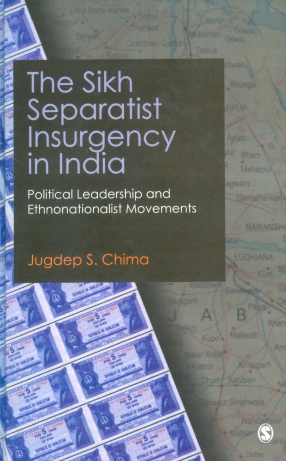
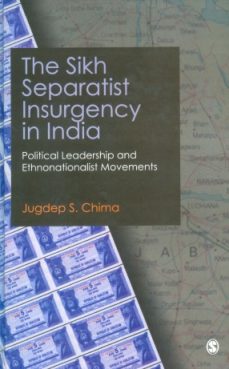
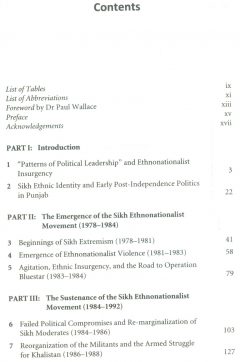
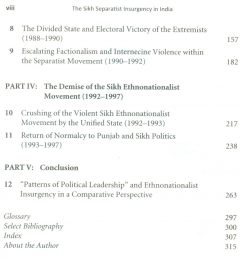
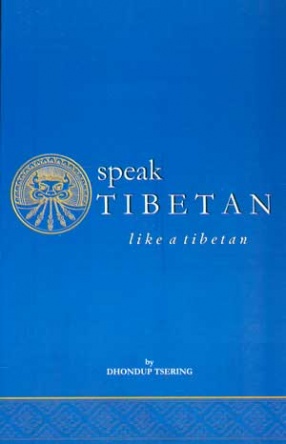

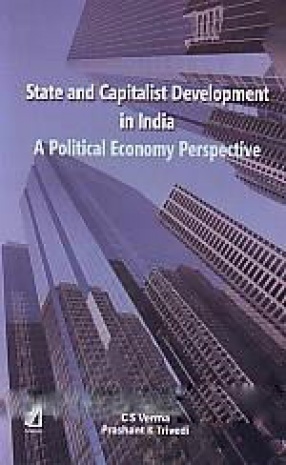
There are no reviews yet.